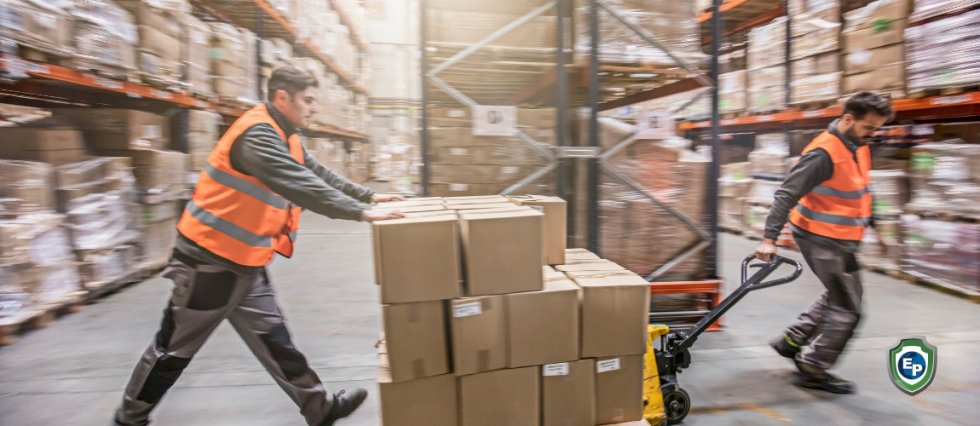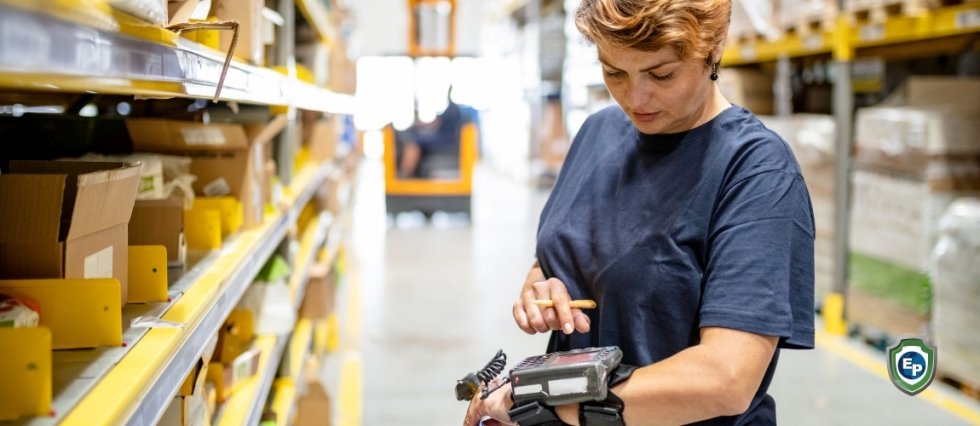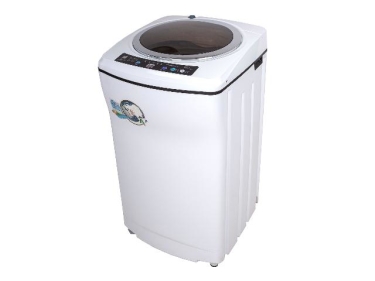Increasing Demand for Warehousing Forces Firms to Invest in Automation
Come take a look at our article to learn more about how the rise in demand for warehousing is leading more and more businesses to turn to automation.

Warehousing costs in the US will significantly increase this year, according to real estate firm CBRE. Increasing demand, higher construction costs, and tighter supply could drive up warehousing costs by 10% this year.
However, this is not only an issue in the US. In fact, UK research firm Interact Analysis predicts double-digit growth in the global warehouse and fulfillment sector over the next five years. According to their research, global warehouse stock will grow to 180,000 units by 2021, with over 50% of total stock being located in the US, China, Japan, India, and Germany.
Warehouse Demand Will Keep Increasing
This increasing demand is mainly caused by a significant rise in e-commerce activity since the onset of the COVID-19 pandemic. As consumers don’t visit retail stores that often anymore, online sales in the US have increased by more than 62% in just January alone. While some of that growth might be temporary, it is unlikely that a significant number of people will return to brick-and-mortar stores once the pandemic is over. Consumers have already gotten used to the convenience of online shopping.
Because eCommerce requires significantly more warehousing than stationary retail businesses, warehousing may have to double in order to meet the uptick in demand. The industry could also face a potential shortfall of 140 million sq ft of warehouse space by 2024.
According to Melinda McLaughlin, the Senior Vice President at Prologis, “Many users of logistics space are grappling with several forces at the same time: rising eCommerce volumes; the need to hold more inventory; and shortages of available space and labor. This will drive up competition for limited space, and those that act first will secure a competitive advantage.“

Automation is No Panacea
One potential answer to this supply shortage is automation. eCommerce facilities are especially heavily investing in automation, as fulfillment is more labor-intensive than other warehouse operations. McLaughlin believes, “the ability to incorporate automation and other technology into operations can also aid in the transformation of supply chains and offers additional flexibility in location and labor.”
Although many warehouse operators are already using automation, there is still room for improvement. Reuters found that 87% of surveyed operators had warehouse management systems, but only 49% were using order management systems, and just 6% were using “some form of robotics.”
While automation can help make the limited space available more efficient, it won’t be a magical solution. It will only partly offset the shortage of space. That means firms need to invest in automation but will nevertheless face rising warehousing costs, a double whammy that firms need to prepare for.
Benefit from Export Portal
Export Portal works to provide a platform where our partners from different parts of the world can network, communicate, and do business together. Join us today to learn from our experts and boost your experience in international trade!


















Comments 2